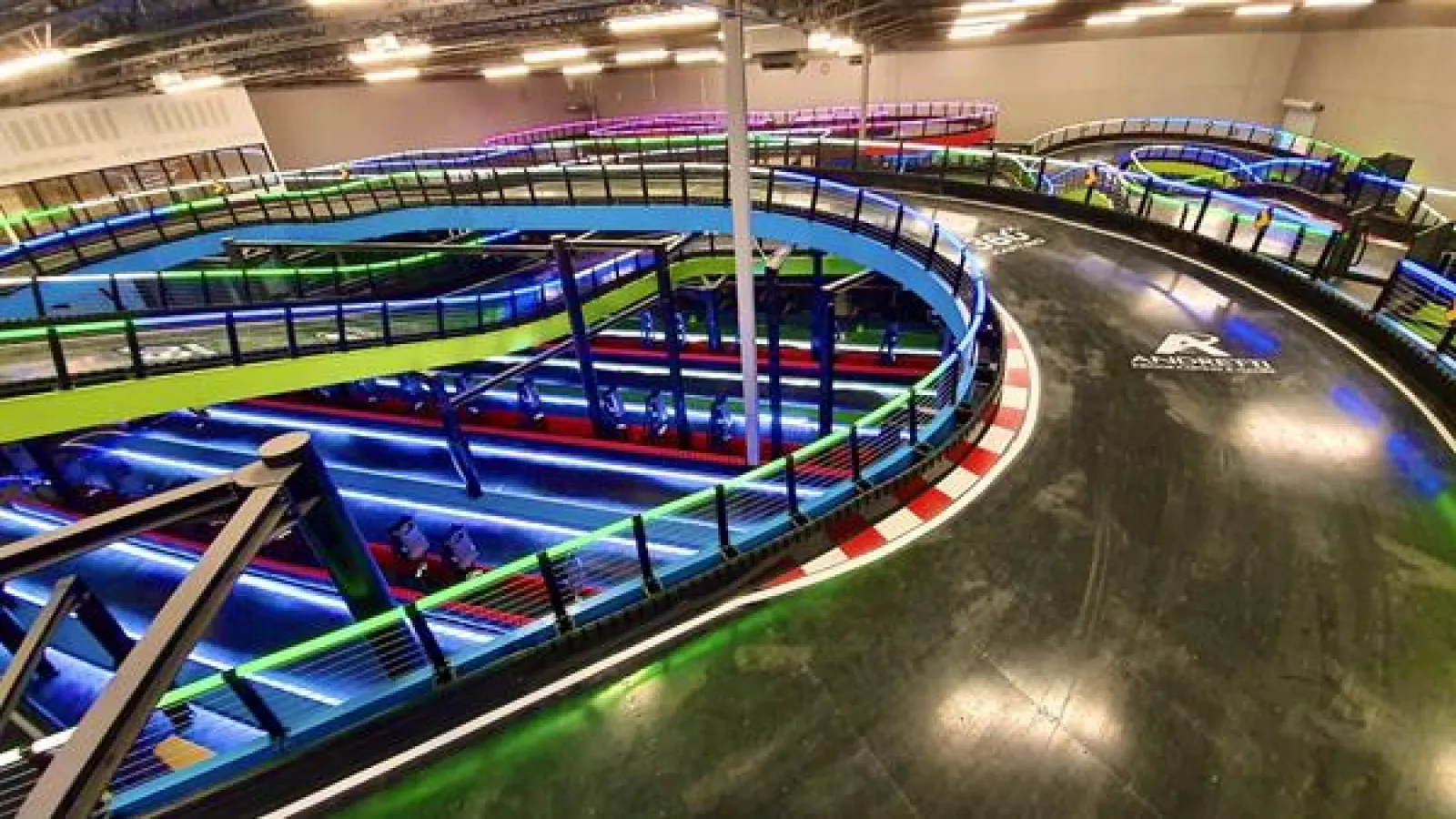1. Reflex Training in Real Time
Karting demands quick decision-making. The high-speed nature of the sport forces drivers to constantly react to changing conditions—whether it's navigating sharp corners, avoiding other racers, or optimizing speed on straights. This immediate need to process and respond to stimuli helps train the brain's reflexes.
When driving a kart, your brain has to quickly interpret sensory information—like the feel of the wheel, the pressure of the brakes, and the speed of your surroundings. All of these contribute to your decision-making and response times. Over time, this repetitive action strengthens neural pathways associated with fast reflexes.
2. Hand-Eye Coordination
Hand-eye coordination is essential for karting success. You must be able to precisely control your kart with the steering wheel while also keeping an eye on the track ahead. At high speeds, your brain needs to seamlessly coordinate your visual input with the appropriate motor responses, such as adjusting your angle of turn or applying just the right amount of acceleration or braking.
Research shows that activities that engage hand-eye coordination also improve overall motor skills. This means karting isn't just fun; it's an effective way to refine your coordination, which is beneficial for other sports and even day-to-day activities that require fine motor control.
3. Peripheral Awareness
Speed and sharp turns in karting make it essential to remain aware of your surroundings, not just what's directly in front of you. Peripheral vision—being able to monitor the racers around you without shifting your focus—plays a huge role in your racing strategy. This requires your brain to take in and process a wide range of visual information, increasing your situational awareness.
As your peripheral vision improves through karting, it enhances other areas of life, such as driving on the road, playing team sports, or navigating crowded environments.
4. Mental Focus and Decision-Making
Karting is a mental workout as much as a physical one. Staying focused in a fast-paced environment, especially with other racers vying for position, enhances your ability to concentrate under pressure. The rapid decisions that need to be made—when to overtake, how to navigate tricky turns, or when to ease up on the throttle—teach the brain to process information more efficiently.
Karting essentially sharpens your brain's executive function, which includes skills like working memory, flexible thinking, and self-control. These are all skills that translate well beyond the race track into everyday life.
5. The Role of Muscle Memory
Repetition is key when it comes to karting. The more laps you drive, the more your body learns the mechanics of racing. This process helps build muscle memory, where your muscles instinctively respond to the challenges of the track without requiring conscious effort. The coordination between your hands, feet, and eyes becomes second nature over time.
Muscle memory can have benefits in other activities, from improving athletic performance to refining technical skills in various hobbies.
6. Cardiovascular Benefits and Endurance
While it may not seem physically demanding at first glance, karting can be quite the workout. The intense concentration, coupled with the physical effort needed to steer and maintain control of the kart, raises your heart rate, improving cardiovascular endurance. This leads to better stamina and focus during prolonged periods of activity, both on and off the track.
To Wrap It All Up
Karting at Andretti isn't just an adrenaline rush—it's a full-body workout for your brain and reflexes! From sharpening your decision-making to boosting coordination, you're improving your skills with every lap. So, the next time you hop into one of our high-speed karts, remember: you're not just racing for fun—you're training like a pro while enjoying the thrill of the track! Ready to see how fast your reflexes really are? Let's hit the gas and find out at Andretti Indoor Karting & Games!
